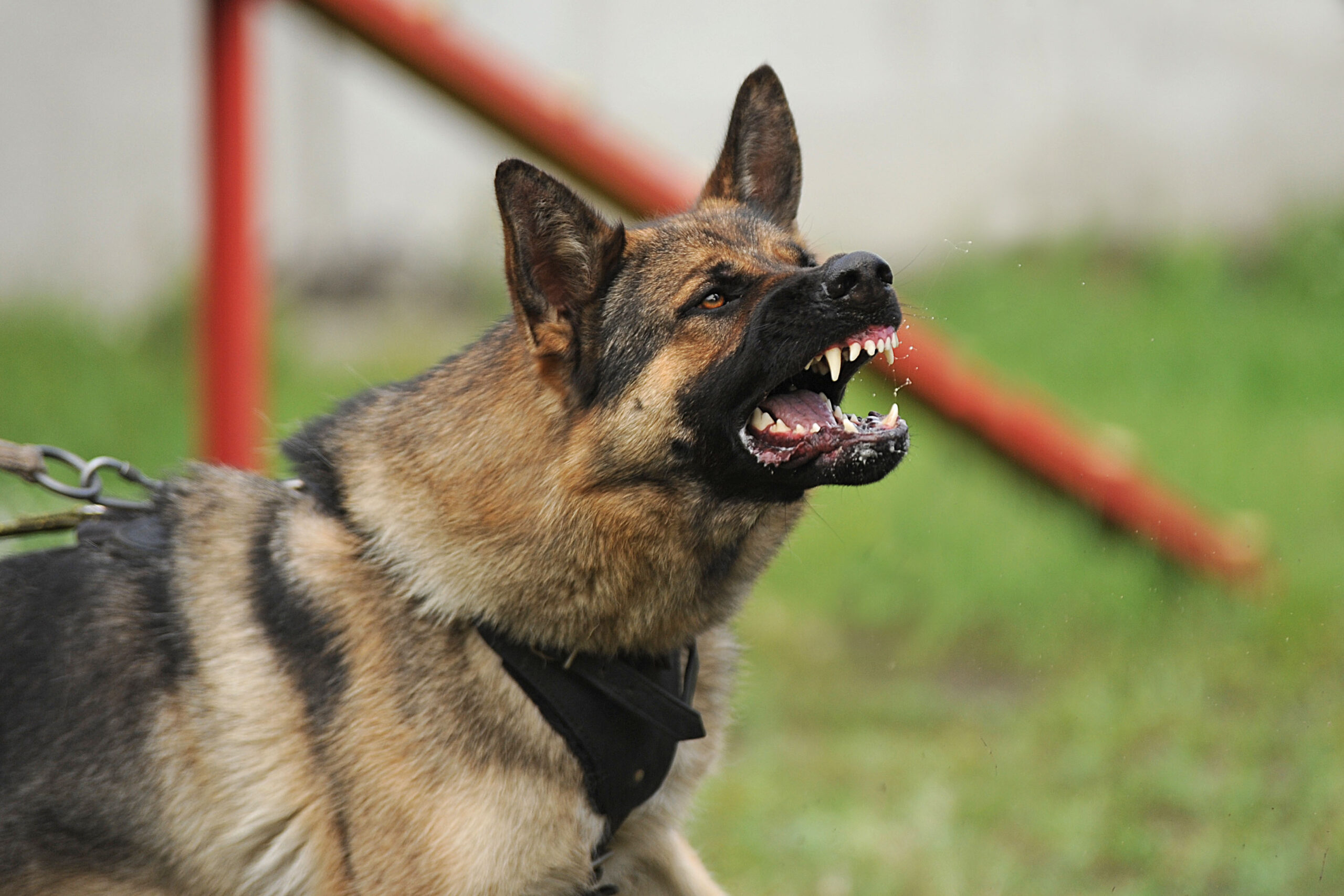Dog bites can result in serious injuries, and when such incidents occur, understanding the legal implications becomes crucial. In Hamilton County, Indiana, dog bite lawsuits are governed by specific laws that take into account the role of negligence. In this article, we will delve into the key aspects of negligence in dog bite cases, the relevant legal requirements, and how victims can seek justice for their injuries.
The Legal Landscape
Hamilton County, like many other jurisdictions, recognizes that dog owners have a responsibility to control and restrain their pets. When a dog bite occurs, determining negligence plays a pivotal role in establishing liability. Negligence, in legal terms, refers to the failure to exercise reasonable care, resulting in harm to another person. In the context of dog bite cases, negligence typically involves the owner’s failure to prevent the dog from causing harm to others.
Elements of Negligence in Dog Bite Cases
To successfully pursue a dog bite lawsuit based on negligence in Hamilton County, certain elements must be established:
Duty of Care
The plaintiff must demonstrate that the dog owner owed them a duty of care. In dog bite cases, this duty typically involves keeping the dog under control and preventing it from posing a threat to others.
Breach of Duty
The plaintiff must prove that the dog owner breached their duty of care. This could involve failing to properly leash or restrain the dog, allowing it to roam freely, or knowingly harboring a dangerous animal.
Causation
There must be a direct link between the breach of duty and the injury suffered. The plaintiff must show that the dog owner’s negligence was the proximate cause of the dog bite.
Damages
Finally, the plaintiff needs to provide evidence of the damages they suffered as a result of the dog bite. This can include medical expenses, lost wages, pain and suffering, and other related costs.
Strict Liability in Indiana
In addition to negligence, Indiana follows a strict liability approach in certain types of dog bite cases, like ones involving postal workers. This means that in those situations, dog owners can be held responsible for injuries caused by their pets regardless of whether they were negligent.
Contributory Negligence
It’s important to note that Indiana follows a modified comparative fault system, meaning that a plaintiff’s recovery can be reduced if they are found to be partially responsible for their injuries. In dog bite cases, this concept is known as comparative fault. If the plaintiff’s actions contributed to the dog bite incident, it could impact the amount of compensation they are eligible to receive.
Proving Negligence in Hamilton County
To successfully prove negligence in a dog bite case in Hamilton County, gathering evidence is essential. This may include:
Witness Statements
Eyewitness accounts can provide valuable insight into the dog’s behavior, the owner’s actions, and the circumstances surrounding the incident.
Medical Records
Detailed medical records documenting the extent of the injuries, treatment received, and associated costs are crucial in establishing damages.
Photographs and Documentation
Pictures of the scene, the dog, and the injuries can serve as powerful evidence. Additionally, any documentation, such as prior complaints about the dog’s behavior, can strengthen the case.
Expert Testimony
Expert opinions, such as from a dog behaviorist, can help establish the owner’s breach of duty and the foreseeability of the dog’s aggressive behavior.
The Emotional Toll
A dog bite can leave lasting emotional scars, often leading to anxiety, fear, and post-traumatic stress disorder (PTSD). The psychological effects can extend beyond the victim to family members who may witness or be involved in the incident. Recognizing and addressing the emotional toll of a dog bite is crucial not only for the well-being of the victim but also for building a comprehensive case.
Recovering Financially
The financial aftermath of a dog bite can be overwhelming, with medical bills, rehabilitation costs, and potential lost wages adding up quickly. Pursuing a negligence claim is not just about holding the dog owner accountable for their actions but also about seeking fair compensation to cover these economic losses. A comprehensive legal strategy should consider the full extent of financial impact to ensure that victims are not left shouldering the burden alone.
Public Safety and Preventing Future Incidents
Negligence in dog bite cases is not only about seeking compensation for the victim but also about promoting public safety. Holding dog owners accountable for their pets’ actions reinforces the importance of responsible pet ownership. It sends a message that all dog owners must take necessary precautions to prevent their pets from causing harm to others.
Moreover, by pursuing legal action, victims may contribute to preventing future incidents. If a dog has a history of aggressive behavior or has bitten someone before, this information becomes crucial in establishing the owner’s knowledge of the dog’s potential danger. Bringing such cases to light can prompt authorities to take measures to ensure the safety of the community.
If you or a loved one has been a victim of a dog bite incident in Hamilton County, Indiana, it’s crucial to understand your rights and legal options. The experienced attorney at Wyant Law is here to guide you through the complexities of dog bite lawsuits. We focus on personal injury cases and have a proven track record of helping victims obtain the compensation they deserve.
Contact us today for a free consultation to discuss your case and learn how we can advocate for your rights. Don’t let the physical, emotional, and financial burdens of a dog bite go unaddressed. Wyant Law is committed to seeking justice on behalf of our clients and holding negligent dog owners accountable. Trust us to fight for you and help you move forward on the path to recovery.

